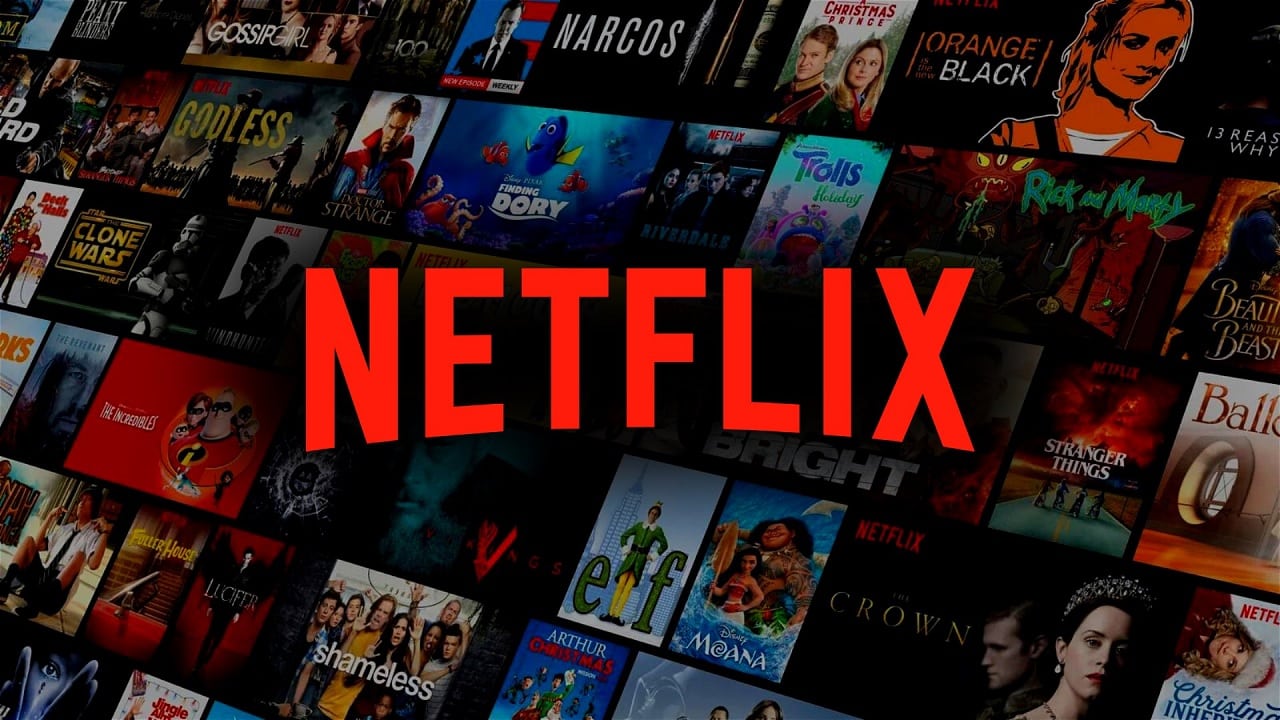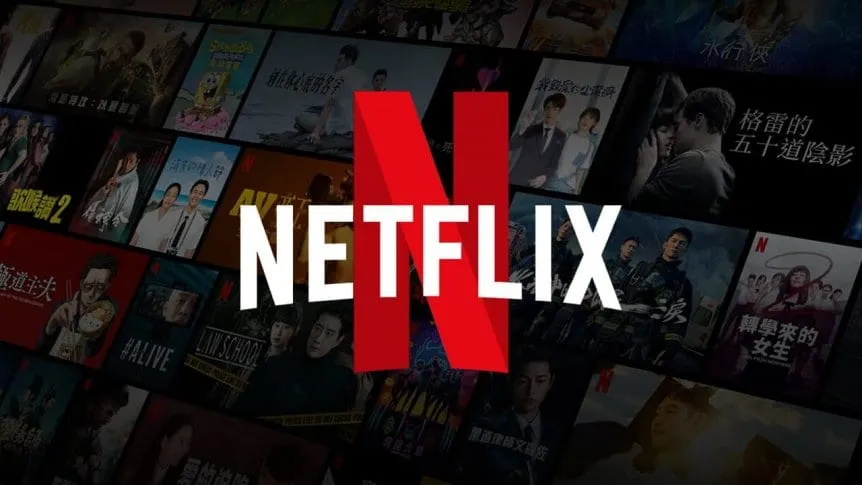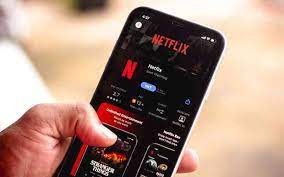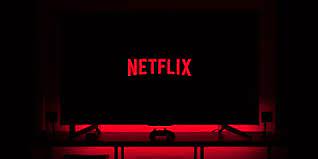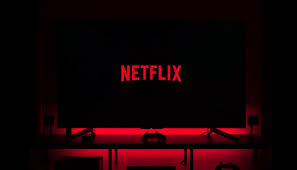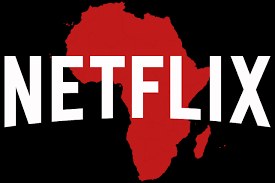The biannual report of Netflix reports that South African movies were the most watched African movies for the year 2023.
The second-biggest streaming service in Africa, Netflix, has published the first of what will hopefully be a biannual report that lists all of the content that users worldwide have watched over the course of six months, from January to June 2023. More than 18,000 titles with over 100 billion hours of streaming time were included in the list.
The first season of the South African television series Unseen, which ranked 229th worldwide, is at the top of the charts for Africa. More than 60 million hours, or 6,800 years, were spent watching the series on Netflix; this is longer than human civilisation.
With eight representations, South Africa led the list of the ten most streamed films in Africa. Nigeria had two, with Shanty Town and Far From Home ranking 750 and 2088, respectively, on Netflix’s global scale.
Read also: Showmax surpasses Netflix in African market share
The reason for this
The statistics are not shocking since 73% of Netflix viewers in Africa are from South Africa. Just 10.5% of Netflix’s continental viewership comes from Nigeria. In addition to having a robust economy, the Rainbow Nation leads the world in online video sales and has a burgeoning streaming content market.
Although the report demonstrates the success of films worldwide, a new report indicates that Showmax has surpassed Netflix as the market leader in Africa. When Netflix first opened for business on the continent in 2016, it faced stiff competition from both established companies, such as MultiChoice, the market leader, and up-and-coming companies, like Amazon Prime Video.
Netflix’s approach on the continent blends creating original content like The Origin: Madam Koi-Koi with licencing local studios’ works, like Nigeria’s Black Book. In six years, this two-pronged strategy has cost Netflix $175 million, according to a report released in April.
Despite having the most licenced content in Africa, Nigeria only received $23 million, while South Africa received $125 million, the lion’s share. With earnings of more than $230 million over the past two years, Netflix has more than recovered its investment.
Netflix lost to Showmax
Netflix, which formerly held over 40% of the African streaming market, has lost its position as the market leader to Showmax as competition heats up.
The biggest paid video streaming service in the world, Netflix, is losing market share in Africa due to heightened competition from Showmax and Amazon Prime. According to industry data, Netflix’s dominance in the African streaming market is waning despite holding approximately 40% of the market in 2021.
According to tech research company Omdia Research, the California-based company now holds 35% of the streaming market on the continent, and Showmax has 40% of the market. This means that the company is no longer leading the market.
Netflix’s market share is being squeezed by rivals who are entering the market and stepping up their strategies. With 1.8 million subscribers, Showmax has surpassed the streamer in the market.
The CEO of Showmax, Marc Jury, previously stated that during the last four years, the streaming service’s paid subscriber base increased by 26% annually as a result of its increased focus on producing local content. In the fiscal year that ends in 2023, the company also committed $1 billion to content creation and acquisition on the continent.
By the end of 2022, Africa had 41 million pay-TV subscribers, with less than 10% of that number coming from video streaming, according to data from industry analytics firm Digital TV Research.
Over the past three years, streaming giants like Netflix and MultiChoice’s Showmax have used a variety of growth strategies, such as investing heavily in original content and lowering subscription costs, in an effort to attract new users. However, the market has kept moving slowly.
